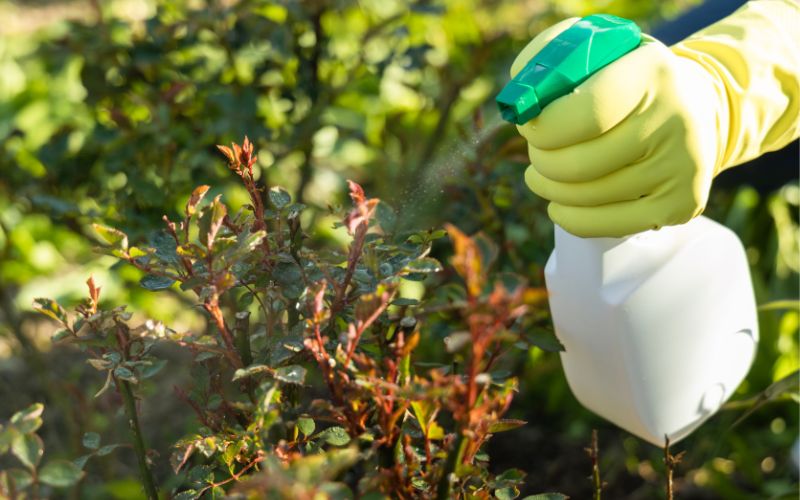Table of Contents
In our pursuit of lush gardens and thriving plants, it’s tempting to resort to chemical products to eliminate weeds, pests, and promote growth.
However, using these products can have detrimental effects on our health, that of our loved ones, and the environment as a whole.
Here’s why you should consider more environmentally-friendly alternatives for your garden:
1. Impact on Human Health:
Chemicals used in pesticides and fertilizers can contaminate drinking water, air, and soil, leading to health issues such as skin irritations, respiratory disorders, and even serious illnesses like cancer.
2. Biodiversity Decline:
Chemicals can not only eliminate targeted pests but also beneficial insects like bees, essential for crop pollination.
This can disrupt local ecosystems and lead to a decrease in biodiversity.
3. Environmental Pollution:
Chemicals used in gardens can contaminate streams, rivers, and oceans, affecting aquatic life and contributing to overall environmental pollution.
4. Pest Resistance:
Continued use of chemicals can lead to the development of resistance in pests, requiring higher doses or stronger products to achieve the same results, creating a vicious cycle of dependency.
5. Sustainable Alternatives:
Fortunately, there are many natural alternatives to keep your garden healthy without resorting to harmful chemicals.
Practices such as crop rotation, using natural compost and plant-based teas, as well as introducing beneficial organisms like ladybugs, can help maintain a healthy balance in your garden.
In conclusion, tending to your garden without resorting to chemical products is not only beneficial for your health and the environment but also for the long-term sustainability of your local ecosystem.
By opting for environmentally-friendly gardening methods, you’re contributing to preserving the natural beauty of our planet for future generations.
